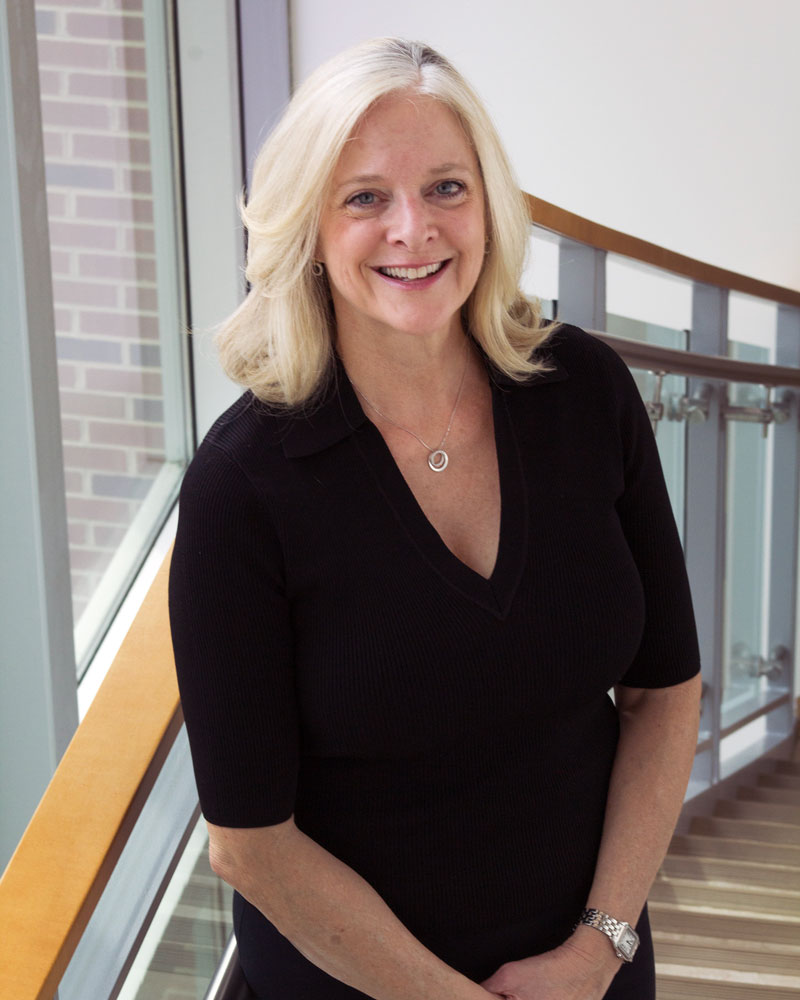School nurses manage medications, provide first aid and care for students with chronic illnesses like diabetes, asthma and life-threatening allergies. They also play a critical role in supporting young people struggling with mental health issues, according to nurses at the University of Virginia’s School of Nursing.
According to the Centers for Disease Control and Prevention, 40% of high schoolers reported feeling persistently sad or hopeless in 2023, the most recent year for which data is available. One in every five said they seriously considered suicide, and 9% of high school students attempted suicide.
“In the past, school nurses were too often siloed into just the medical side of things,” said Sherrie Guyer, a longtime school nurse who is researching mental health in schools for her doctorate in nursing practice. “We know that students see the school nurse when they need a shot of insulin or a breathing treatment, but mental health is another area where students are struggling.”
Guyer said as a school nurse she “routinely” saw students dealing with mental health concerns including long-term sadness, debilitating anxiety and disordered eating, which are the most reported mental health issues among adolescents.
When a student experiences anxiety, depression or other mental health issues, because of easy access and an already established relationship, they may naturally turn to their school nurse over another adult in their lives.
“The school nurse is always a place to go when you’re not feeling well,” said Melissa Gomes, a psychiatric nurse practitioner and associate professor of nursing.

Sherrie Guyer, a longtime school nurse, says students’ established relationship with school nurses allows young people to trust them more easily. (Contributed photo)
Gomes, who also serves as the nursing school’s associate dean for diversity, equity and inclusion, said nurses receive “holistic training,” equipping them to identify environmental and personal factors that might contribute to why someone is seeking medical care. A school nurse might notice a student who regularly complains of an upset stomach is dealing with anxiety rather than a virus.
“If there are no biological reasons for why a student might be experiencing this, I, as a psychiatric nurse, begin to think about the factors that are leading to this,” Gomes said.
“In children and adolescents, depression may not look like sadness, it may look like anger. My work has shown that students repeatedly get removed from the academic environment when they present that way, but they could have an underlying issue,” Gomes said.
School nurses may also notice behaviors that aren’t related to mental health problems but are nevertheless signs of psychological distress.
“Recognizing early psychological distress and helping kids incorporate coping strategies is like a vaccine, it’s preventative. It also helps kids realize it’s not scary to get mental health help early, so when they’re in college and beyond, they’re even more likely to get help if they need it,” Guyer said.
Gomes and Guyer stressed that while school nurses are an important part of a student’s mental health support system, they are only part of the solution.










